Audit, Governance, and Risk
Compliance
£2360 (£1600 during the tuition waiver period)
The aim of this unit is to reveal the sequential development and guideline of accounting and the impact of accounting and finance on the environment, the various stakeholders and on society. The learners will be equipped with the knowledge and skills essential to act as an adviser in relation to the governing authorities in the private, public and charitable sectors.


1. Explain what a profession is and identify the application of governance law and practices in the national and international context
2. Identify the nature and importance of corporate governance and ethical behaviour and critical evaluation of ethical issues in relation to corporate activity and recommend solutions
3. Assess the impact of financial reporting in relation to a wide range of stakeholders
4. Identify the principal approachesof governance, identifying and assessing how the risk should be managed in order toachieve good corporate governance
5. Research and communicate complex and leading-edge issues in CSR and governance, in an appropriate format


Scholarships
Citizens of the following countries are eligible for a 50% scholarship upon writing a personal statement. All scholarships are to be approved by the Academic Board. The list of countries are: Sri Lanka, Indonesia, Philippines, Bhutan, Morocco, Vietnam, Papua New Guinea, Laos, Cambodia, India, Nigeria, Ghana, Bangladesh, Laos, Myanmar, Pakistan, Nepal and South Africa. Please talk to your student counselor and ask for the Coupon Code to get the 50% Tuition Waiver.

To pass the unit a 40% overall grade must be achieved.

You are eligible if you meet our stipulated entry requirements.









Introduction to the module
The need for trust
Corporate culture
Ethical behavior
Principles of corporate governance
The role of the senior executives/board Read:
Assessing performance & remuneration of Directors & Senior Executives
Corporate Social Responsibility and its reporting
Small companies, charities and other not-for-profit organizations